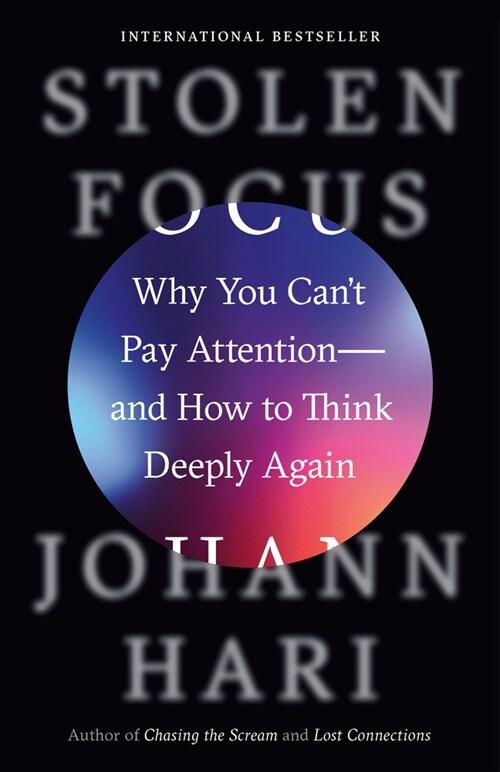책 이미지
![[eBook Code] The Professional Ethics Toolkit](/img_thumb/9781119045182.jpg)
책 정보
· 분류 : 외국도서 > 인문/사회 > 철학 > 윤리/도덕 철학
· ISBN : 9781119045182
· 쪽수 : 216쪽
목차
Acknowledgments xii
Introduction 1
Opening Thoughts 2
Being and Acting Professional 5
Definition and Listing 6
Cases 7
Health‐care professionals and the conscience clause 7
Defending the indefensible 8
Getting by with cheaper materials 9
Note 10
References 10
Part I Theory, Concepts, and Ethics Reasoning 11
1 Historical Overview and Definitional Questions 13
1.1 Some History 16
1.1.1 The rising role of science 17
1.1.2 Impact of the European Enlightenment 18
1.1.3 Organizing to differentiate 19
1.1.4 Formalizing the standards 20
1.1.5 Establishing trust 21
1.1.6 Monopolies, money, and power 22
1.2 Defining “Professional” 23
1.3 A Working List 30
1.4 Types of Professional–Client Relationships 32
1.4.1 Agency 33
1.4.2 Paternalistic (or parentalistic) 33
1.4.3 Contractual 34
1.4.4 Affinity 34
1.4.5 Fiduciary 35
Notes 35
References 36
2 A Model of Ethics Reasoning 38
2.1 Relativism, Absolutism, and Contextualism 40
2.2 Deontology 43
2.2.1 Immanuel Kant 44
2.3 Utilitarianism 48
2.3.1 John Stuart Mill 49
2.4 Context, Context, Context 51
2.5 Ross and Pluralistic Deontology 53
2.6 A Model of Ethics Reasoning 57
2.6.1 A method and steps 59
2.7 Moral Principles 63
2.8 Case: Cutting Corners 65
Notes 66
References 66
Part II Concepts, Principles, and Norms within Professional Environments 69
3 Autonomy and Respect for Persons 73
3.1 Autonomy in the World 75
3.1.1 Kant and moral agency 77
3.1.2 Mill and developed selfhood 79
3.1.3 Variable autonomy, life plans, and identity 80
3.1.4 Contributing and detracting factors 81
3.2 The Hard Work of Being Autonomous 82
3.2.1 Additional examples 84
3.3 Case: Which Autonomous Voice? 86
Notes 88
References 88
4 Beneficence and Non‑Maleficence 90
4.1 Beneficence 93
4.1.1 Finding balance in the professions 94
4.1.2 Paternalistic beneficence? 95
4.2 Non‐Maleficence 97
4.2.1 Harm and incompetence 98
4.3 Cases 100
4.3.1 Mandatory vaccinations? 100
4.3.2 How much should you give? 101
Notes 102
References 103
5 Competency 105
5.1 Systematizing Confidence 106
5.2 Case: Sanctioning a Colleague 111
Note 112
6 Confidentiality and Privacy 113
6.1 Privacy 115
6.2 Privacy as a Moral Root of Confidentiality 116
6.2.1 Intimacy and confidentiality 117
6.2.2 Deontological and utilitarian foundations 118
6.3 Practical Considerations 120
6.3.1 Weighing confidentiality against other principles 121
6.4 Cases 122
6.4.1 Balancing principles: Privacy, beneficence, non‑maleficence, honesty, and fidelity 122
6.4.2 Tell the family? 123
Notes 124
References 125
7 Conflict of Interest 126
7.1 Definition 128
7.1.1 Situational conflict of interest 129
7.1.2 Conflict of interest and individual choices 130
7.1.3 Psychology and character 131
7.2 Types of Conflicting Inducements 132
7.2.1 Material inducements 132
7.2.2 Perceived conflict of interest 133
7.2.3 Conflicts of obligation and bias 134
7.3 Structural Conflict of Interest 136
7.3.1 Universally present 137
7.3.2 Roles and conflict of interest 137
7.3.3 Bias and conflict of interest 138
7.3.4 Managing structural conflict of interest 138
7.4 Cases 140
7.4.1 Accepting a gift 140
7.4.2 What now? 141
7.4.3 Treating everyone equally 142
Notes 143
References 144
References 144
8 Fidelity, Honesty, and Role‐Based Duties 146
8.1 Promises 148
8.1.1 Moral foundations 149
8.2 Honesty 150
8.2.1 Professionals’ duty to be informed 151
8.2.2 Commission versus omission 152
8.2.3 Honesty and wisdom 153
8.2.4 Balancing duties 154
8.2.5 Honesty and roles 155
8.3 Cases 156
8.3.1 Committed to the company? 156
8.3.2 A contract is a contract 158
8.3.3 The lying ethicist 159
Notes 160
References 161
9 Formal Justice, Bias, and Allocation of Resources 162
9.1 Arbitrary Features 163
9.2 The Complexity of Justice 165
9.3 Formal Justice 166
9.3.1 Justice and objectivity 167
9.3.2 Negative impacts 168
9.3.3 Circumstantial responses 168
9.4 Bias 170
9.4.1 Managing bias 171
9.5 Distributive Justice 172
9.5.1 What is fair? 173
9.5.2 Rawls’s theory 174
9.6 Cases 176
9.6.1 Equal treatment for cheaters? 176
9.6.2 Bias and just representation 178
9.6.3 A just allocation of health‐care resources 179
Notes 180
References 181
Epilogue: Democratization and the Changing of Professions 182
Some History 184
Democratization 185
Shifting power and inclusivity 185
Commercialization 186
Transforming Society and the Professions 187
Notes 189
References 189
Index 191













![[eBook Code] The Professional Ethics Toolkit](./img_thumb/9781119045182.jpg)



![[eBook Code] The Professional Ethics Toolkit (eBook Code, 1st)](/img_thumb/9781119045175.jpg)





